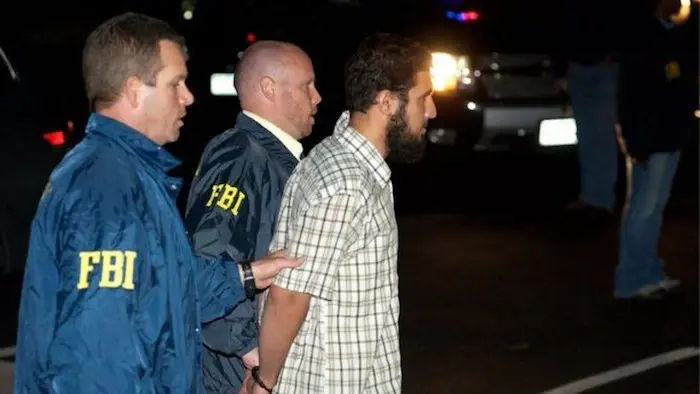WASHINGTON — The F.B.I. has drastically increased its use of stings in terrorism cases, employing agents and informants to pose as jihadists, bomb makers, gun dealers or online “friends” in hundreds of investigations into Americans suspected of supporting the Islamic State, The New York Times reported.
Undercover operations, once seen as a last resort, are now used in about two of every three prosecutions involving people suspected of supporting the Islamic State, a sharp rise in the span of just two years, according to a New York Times analysis. Charges have been brought against nearly 90 Americans believed to be linked to the group.
Similar practices were common by the FBI even before the rise of ISIS
A 2014 study, “Inventing Terrorists: the Lawfare of Preventive Prosecution” by Project Salam and the National Coalition to Protect Civil Freedoms, found that almost every domestic terrorist plot from 2001 to 2010 was in some way cooked up or assisted (and eventually ‘busted’) by the FBI.
The report analyzed about 400 domestic terror cases and found only that only four cases were initiated or driven without the encouragement of the bureau.
A report by the Center for Human Rights and Global Justice and the International Human Rights Clinic in 2012 also studied the use of sting operations and asserted that ‘the government’s use of intrusive surveillance, untrained paid informants, and manufactured terrorism plots raises serious human rights concerns that must immediately be addressed.’
The use of paid informants to entrap and demonize vulnerable members of the Muslim community has been a centerpiece of the FBI’s war on terror since 9/11. And it works well for them: each plot they foil is a feather in their cap, but it also boosts the number of terror plots that are supposedly threatening the homeland.
“But the consequences for the Muslim community have been severe,” said Sue Udry, Executive director of the Bill of Rights Defense Committee/Defending Dissent Foundation. These fake plots provide ‘evidence’ for the media and unscrupulous politicians to demonize all Muslims and equate terrorism with Islam.”
Informants target members of the community who are vulnerable, often facing mental, emotional and financial challenges, and manipulate them. In court, their strong religious or political beliefs are turned against them.
“Entrapment is notoriously difficult to prove in court, and the FBI has thus far been able to successfully dodge that charge. But, that doesn’t mean the use of informants has been ethical, fair, or constitutional,” said Udry.







Leave a Reply